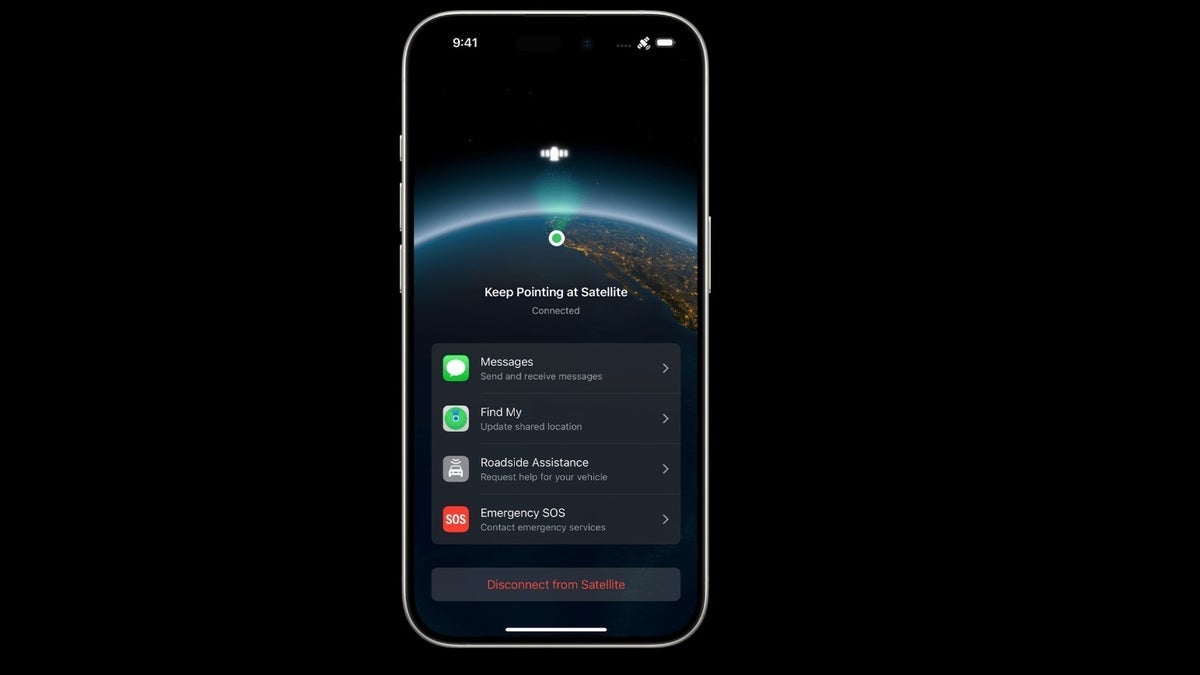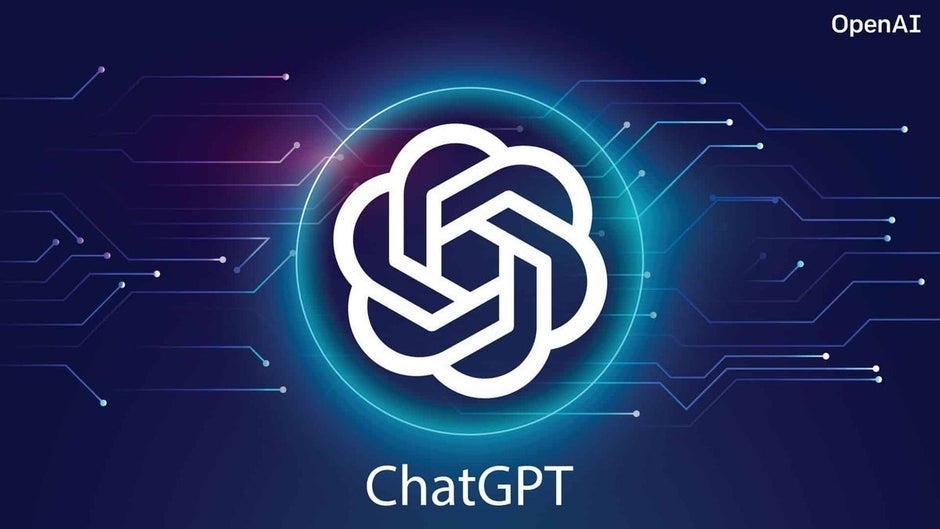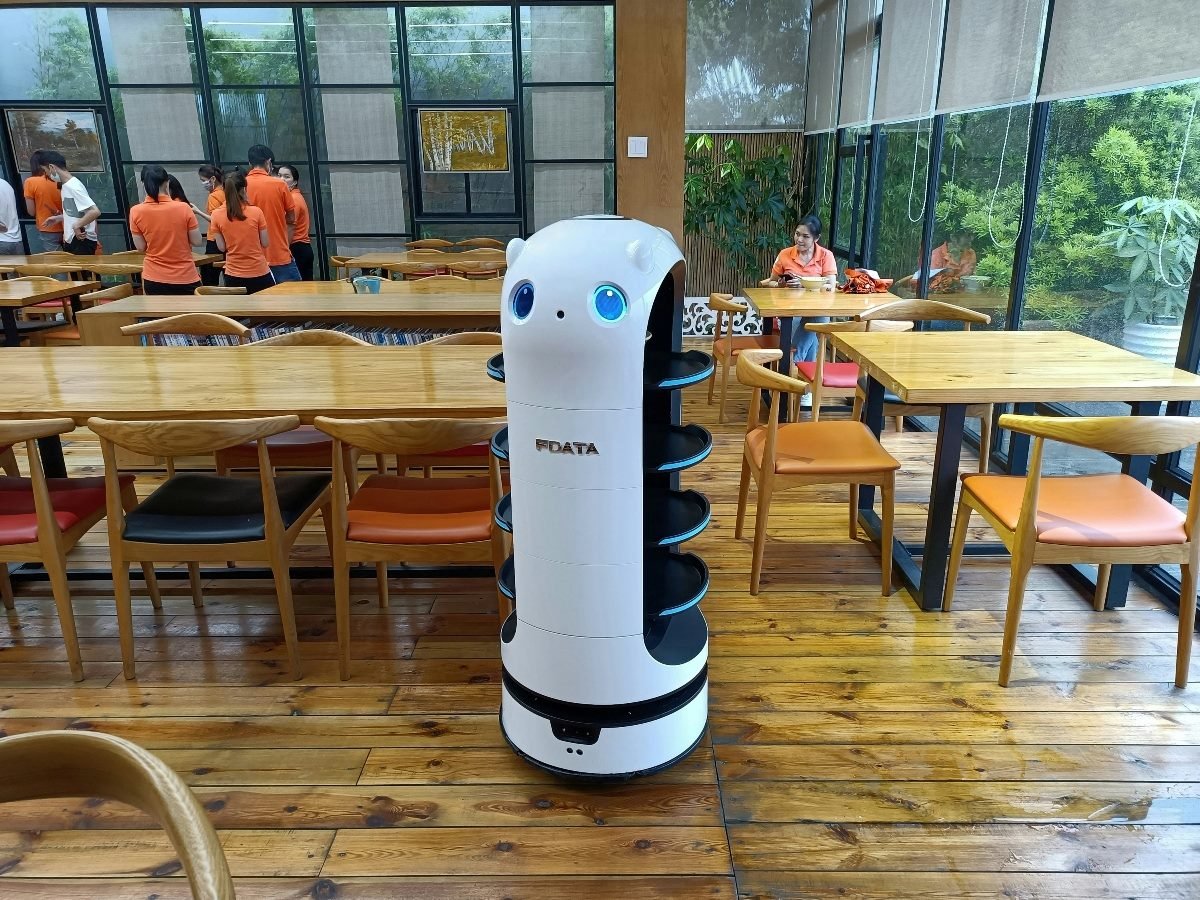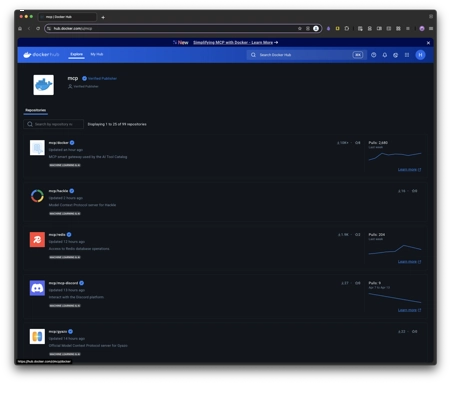Java and Python continue to dominate the international job market — and here's why: ✅ Versatility – From web apps to AI and enterprise systems ✅ Industry Adoption – Used in finance, healthcare, education & more ✅ Scalability & Portability – Ideal for global, distributed systems ✅ Emerging Tech – Python shines in AI/ML; Java rules the backend ✅ Remote-Friendly – Easy to learn, hire, and work with globally In today's globalized tech industry, two programming languages consistently stand out when it comes to job availability and demand: Java and Python. From Silicon Valley startups to European fintech companies, businesses worldwide are actively hiring developers fluent in these languages. But what makes Java and Python such hot commodities in the international job market? Let’s break it down. 1. Strong Ecosystems and Versatility Both Java and Python are known for their strong ecosystems, meaning there's a vast selection of libraries, frameworks, and community support for building all kinds of software. Whether it's a backend system, a mobile app, or a machine learning model, these languages can handle it. Java powers Android apps, large-scale enterprise systems, banking platforms, and more. Python excels in data science, AI, web development, and automation. This versatility makes them appealing to a broad range of industries. 2. Global Adoption Across Industries Java and Python are not just preferred by tech companies. They’re used in: Finance (for backend systems and fraud detection) Healthcare (for data analysis and automation) Education (for online learning platforms and scientific research) Retail and E-commerce (for recommendation systems, inventory tracking, and more) Their widespread use across sectors means more companies, in more countries, need professionals who understand them. 3. Platform Independence and Scalability One of Java’s strongest points is its platform independence through the JVM (Java Virtual Machine), allowing code to run anywhere. This is crucial for multinational companies with distributed systems. Python, while not as fast as Java in raw performance, is highly scalable thanks to cloud platforms, containerization (like Docker), and its integration with powerful libraries. Companies want languages that scale — and both Java and Python deliver. 4. In-Demand for Modern Technologies Modern tech fields like: Artificial Intelligence Machine Learning Cloud Computing Big Data all rely heavily on Python. Meanwhile, Java remains the go-to for high-performance enterprise applications and backend services — which are the backbone of most tech infrastructure. As companies adopt these new technologies, demand for skilled developers skyrockets. 5. Strong Developer Communities and Learning Resources With decades of community support, Java and Python have some of the largest developer communities in the world. This matters because: There are more tools and resources for learning. Open-source contributions thrive. Hiring is easier because more developers are available globally. This vibrant ecosystem reduces risk for companies and helps them scale faster. 6. Remote Work and Global Hiring The shift to remote work means companies can hire globally. With Java and Python being internationally taught and well-documented in many languages, it’s easier for companies to find talent across borders. Final Thoughts Java and Python aren't just programming languages — they're global tools that fuel modern digital transformation. Their flexibility, scalability, and strong community support make them a favorite choice for companies worldwide.

Java and Python continue to dominate the international job market — and here's why:
✅ Versatility – From web apps to AI and enterprise systems
✅ Industry Adoption – Used in finance, healthcare, education & more
✅ Scalability & Portability – Ideal for global, distributed systems
✅ Emerging Tech – Python shines in AI/ML; Java rules the backend
✅ Remote-Friendly – Easy to learn, hire, and work with globally
In today's globalized tech industry, two programming languages consistently stand out when it comes to job availability and demand: Java and Python. From Silicon Valley startups to European fintech companies, businesses worldwide are actively hiring developers fluent in these languages. But what makes Java and Python such hot commodities in the international job market?
Let’s break it down.
1. Strong Ecosystems and Versatility
Both Java and Python are known for their strong ecosystems, meaning there's a vast selection of libraries, frameworks, and community support for building all kinds of software. Whether it's a backend system, a mobile app, or a machine learning model, these languages can handle it.
- Java powers Android apps, large-scale enterprise systems, banking platforms, and more.
- Python excels in data science, AI, web development, and automation.
- This versatility makes them appealing to a broad range of industries.
2. Global Adoption Across Industries
Java and Python are not just preferred by tech companies. They’re used in:
- Finance (for backend systems and fraud detection)
- Healthcare (for data analysis and automation)
- Education (for online learning platforms and scientific research)
- Retail and E-commerce (for recommendation systems, inventory tracking, and more)
Their widespread use across sectors means more companies, in more countries, need professionals who understand them.
3. Platform Independence and Scalability
One of Java’s strongest points is its platform independence through the JVM (Java Virtual Machine), allowing code to run anywhere. This is crucial for multinational companies with distributed systems.
Python, while not as fast as Java in raw performance, is highly scalable thanks to cloud platforms, containerization (like Docker), and its integration with powerful libraries.
Companies want languages that scale — and both Java and Python deliver.
4. In-Demand for Modern Technologies
Modern tech fields like:
- Artificial Intelligence
- Machine Learning
- Cloud Computing
- Big Data
all rely heavily on Python. Meanwhile, Java remains the go-to for high-performance enterprise applications and backend services — which are the backbone of most tech infrastructure.
As companies adopt these new technologies, demand for skilled developers skyrockets.
5. Strong Developer Communities and Learning Resources
With decades of community support, Java and Python have some of the largest developer communities in the world. This matters because:
- There are more tools and resources for learning.
- Open-source contributions thrive.
- Hiring is easier because more developers are available globally. This vibrant ecosystem reduces risk for companies and helps them scale faster.
6. Remote Work and Global Hiring
The shift to remote work means companies can hire globally. With Java and Python being internationally taught and well-documented in many languages, it’s easier for companies to find talent across borders.
Final Thoughts
Java and Python aren't just programming languages — they're global tools that fuel modern digital transformation. Their flexibility, scalability, and strong community support make them a favorite choice for companies worldwide.

















































































































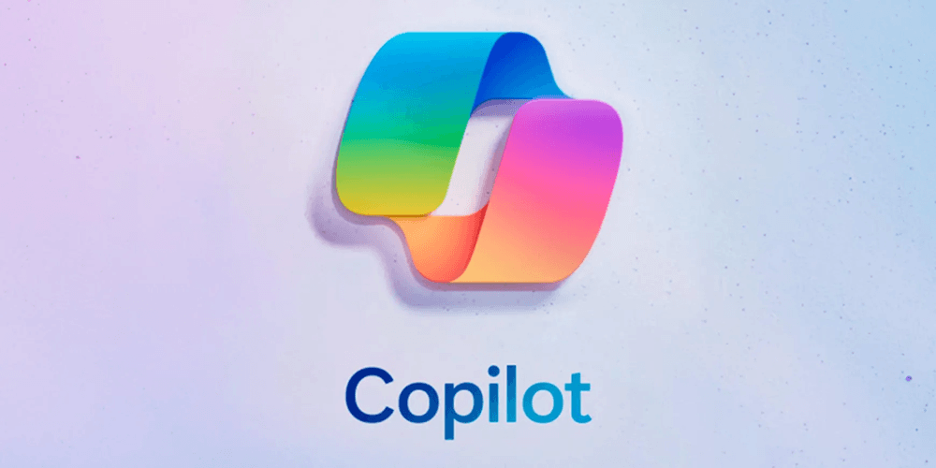












































![[The AI Show Episode 143]: ChatGPT Revenue Surge, New AGI Timelines, Amazon’s AI Agent, Claude for Education, Model Context Protocol & LLMs Pass the Turing Test](https://www.marketingaiinstitute.com/hubfs/ep%20143%20cover.png)



























































































































![[FREE EBOOKS] AI and Business Rule Engines for Excel Power Users, Machine Learning Hero & Four More Best Selling Titles](https://www.javacodegeeks.com/wp-content/uploads/2012/12/jcg-logo.jpg)










































































































































































































































![Hostinger Horizons lets you effortlessly turn ideas into web apps without coding [10% off]](https://i0.wp.com/9to5mac.com/wp-content/uploads/sites/6/2025/04/IMG_1551.png?resize=1200%2C628&quality=82&strip=all&ssl=1)




![This new Google TV streaming dongle looks just like a Chromecast [Gallery]](https://i0.wp.com/9to5google.com/wp-content/uploads/sites/4/2025/04/thomson-cast-150-google-tv-1.jpg?resize=1200%2C628&quality=82&strip=all&ssl=1)











![iPadOS 19 May Introduce Menu Bar, iOS 19 to Support External Displays [Rumor]](https://www.iclarified.com/images/news/97137/97137/97137-640.jpg)

![Apple Drops New Immersive Adventure Episode for Vision Pro: 'Hill Climb' [Video]](https://www.iclarified.com/images/news/97133/97133/97133-640.jpg)


















































